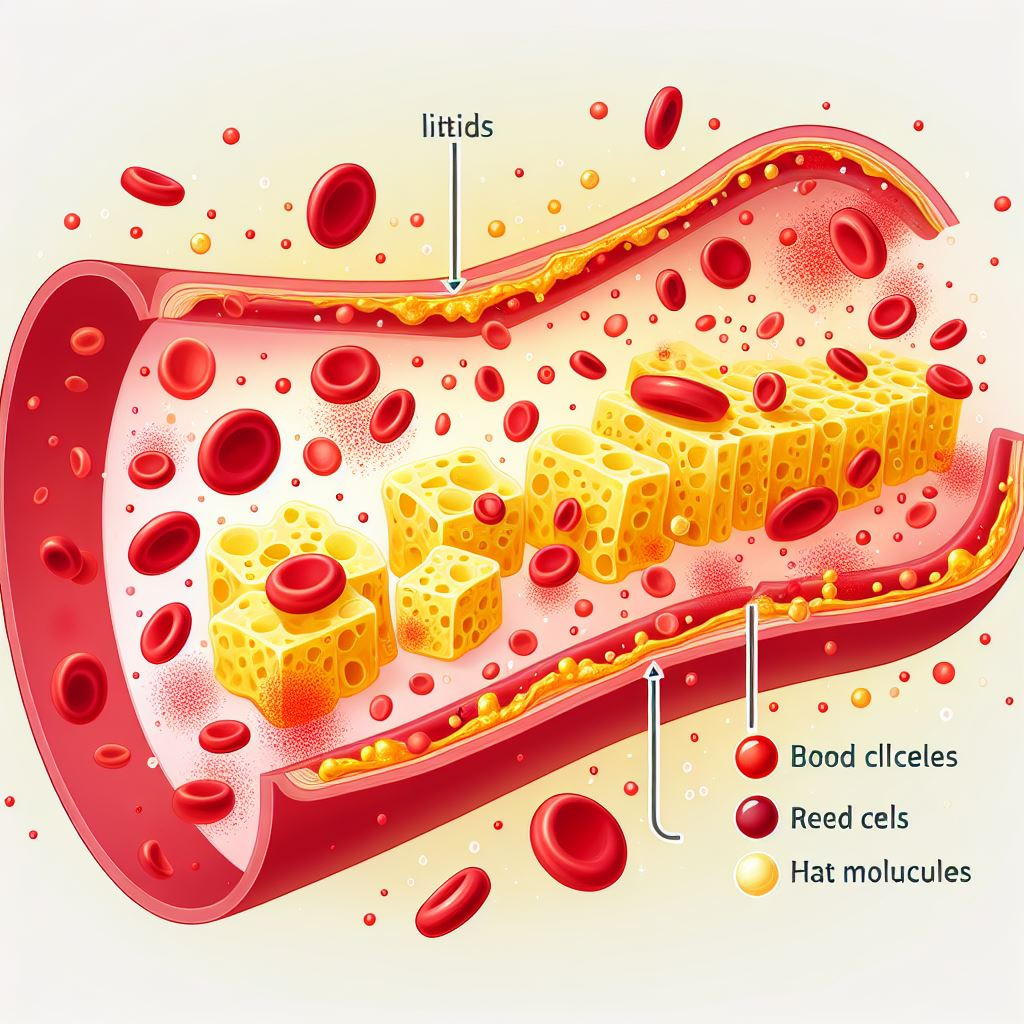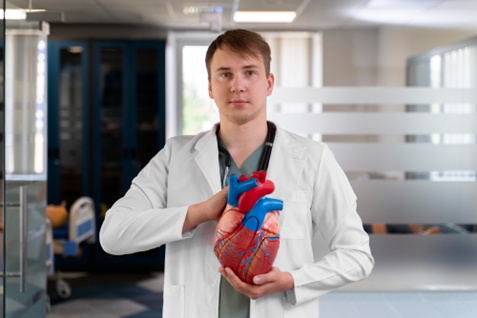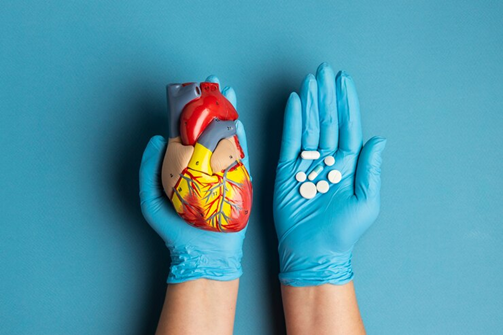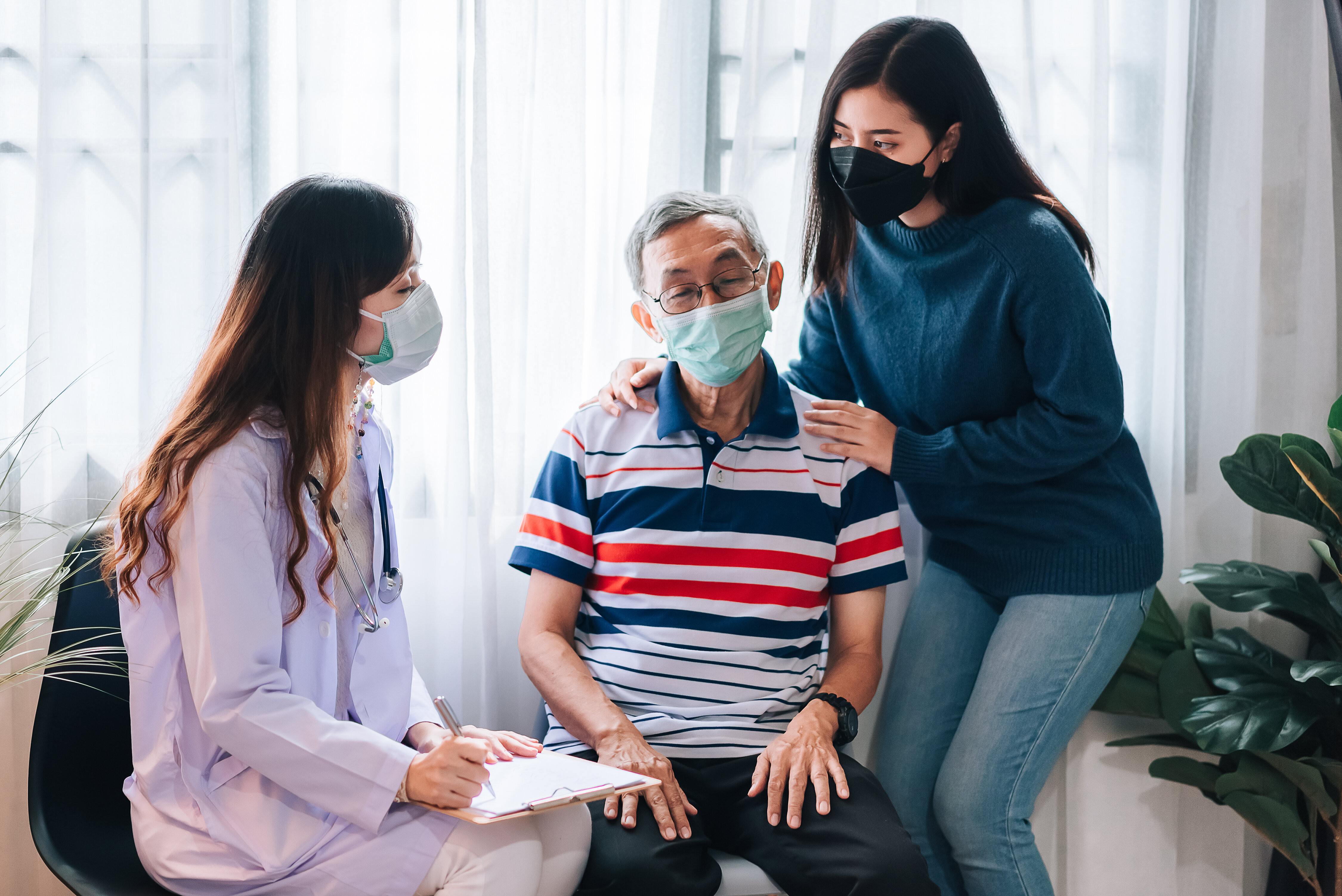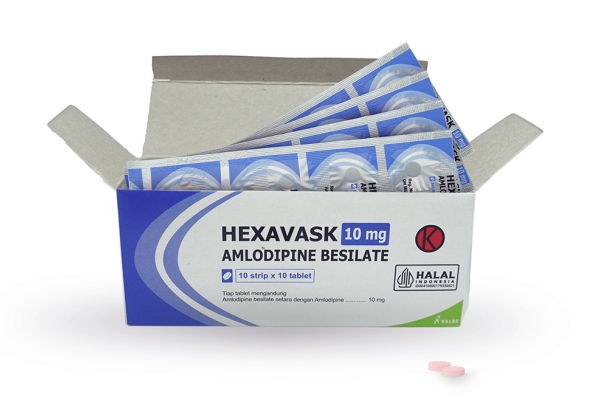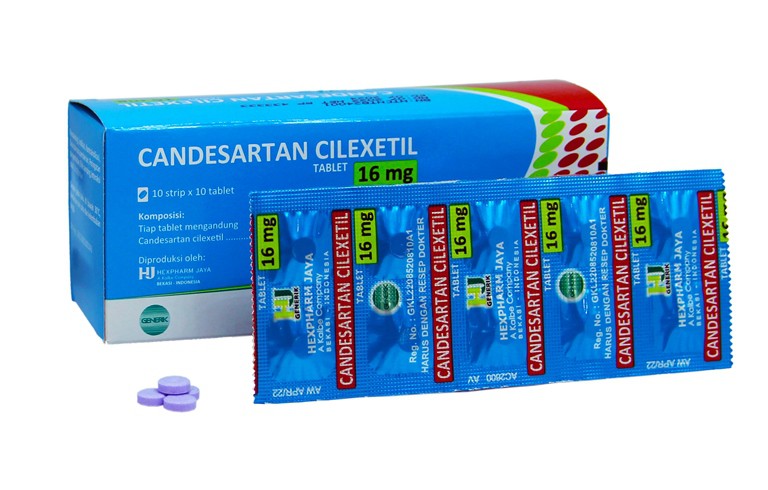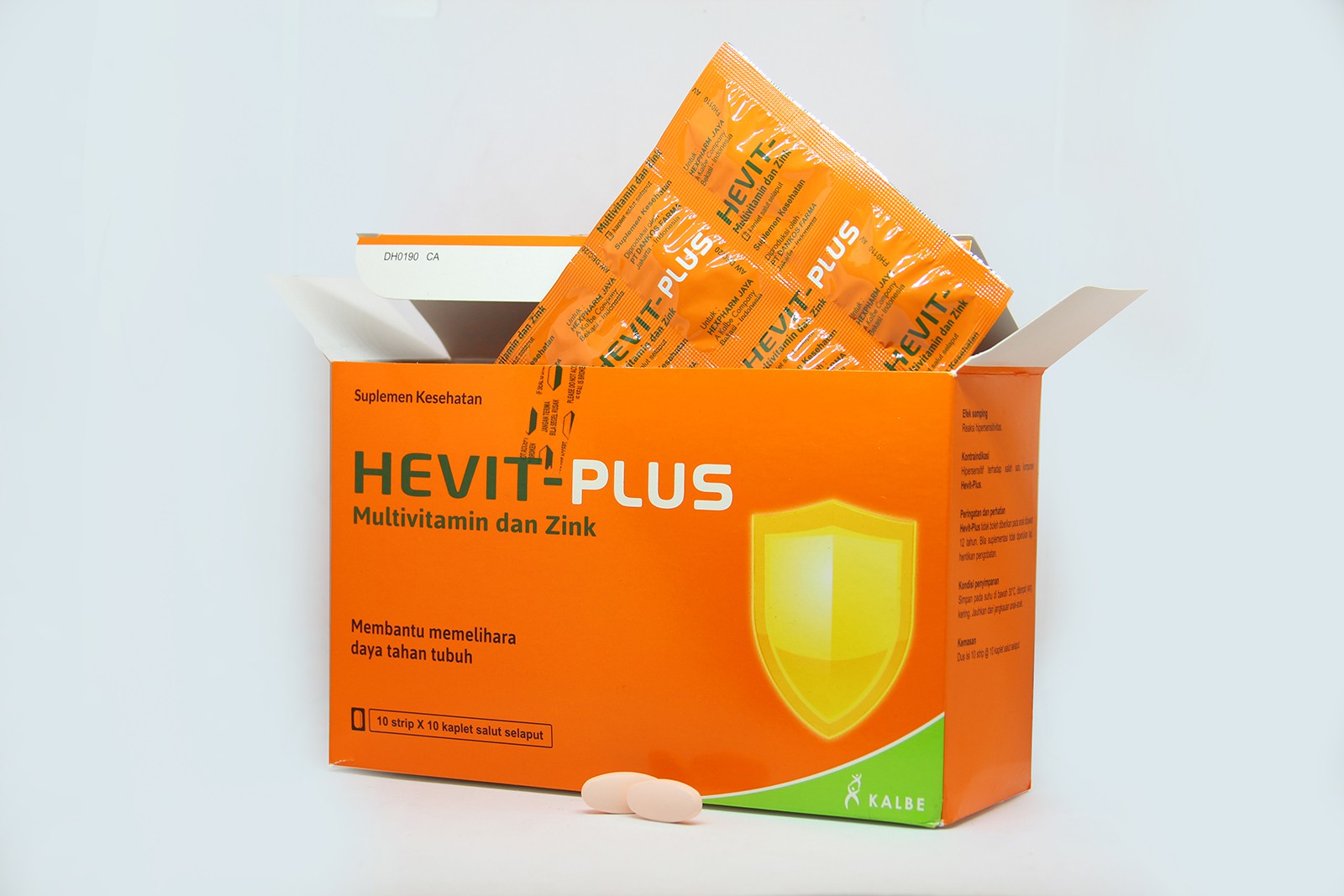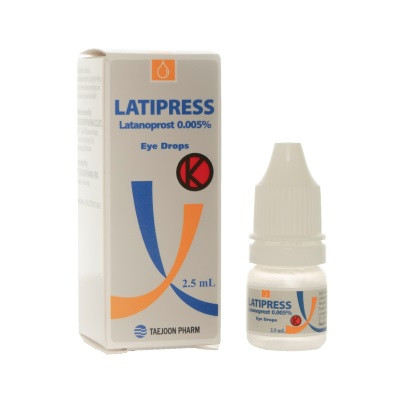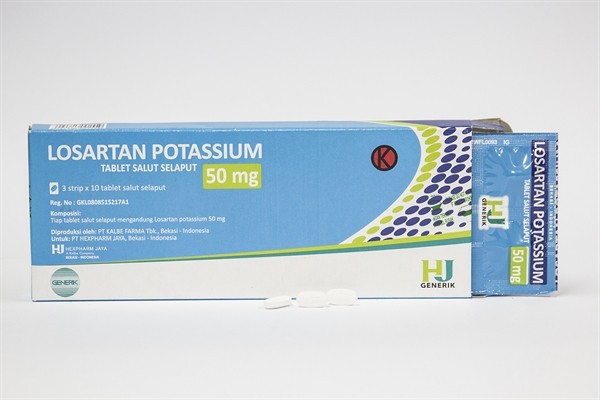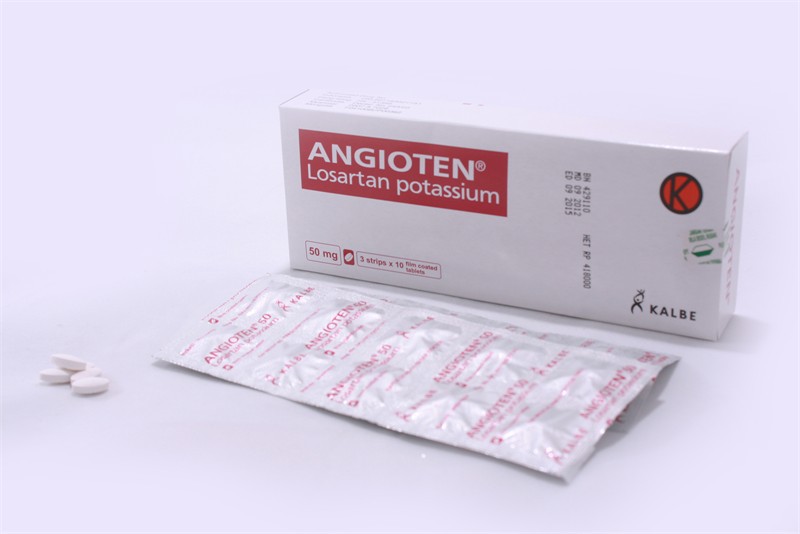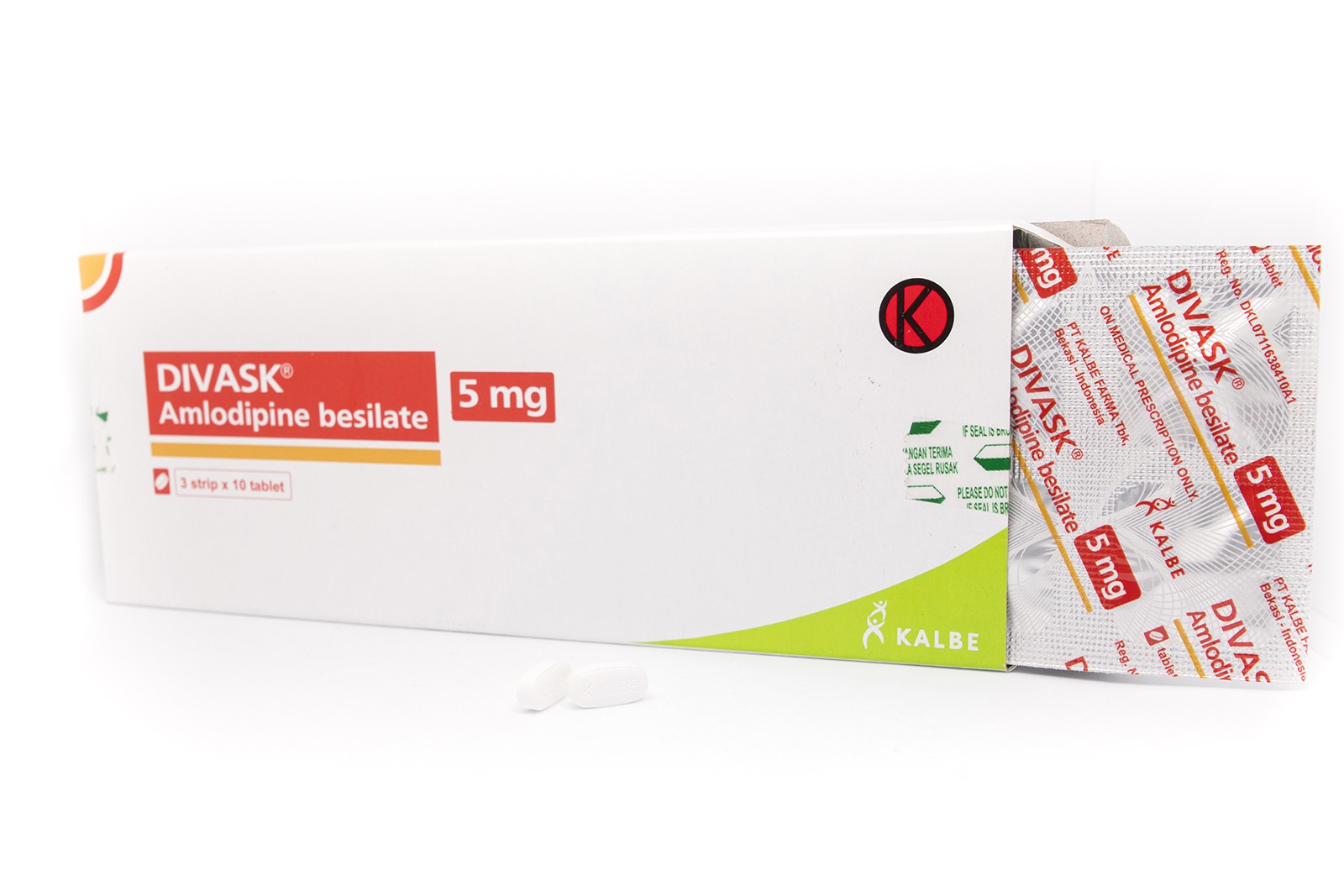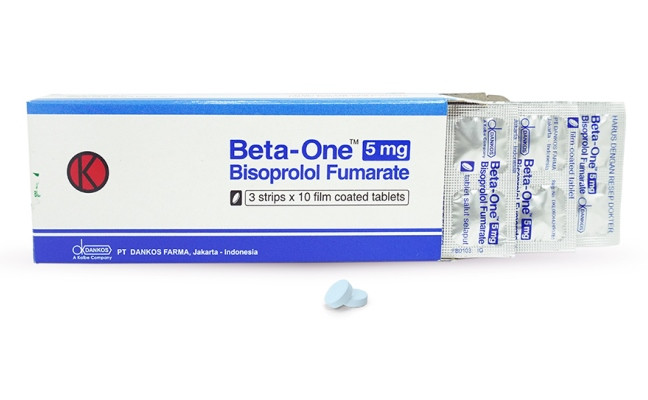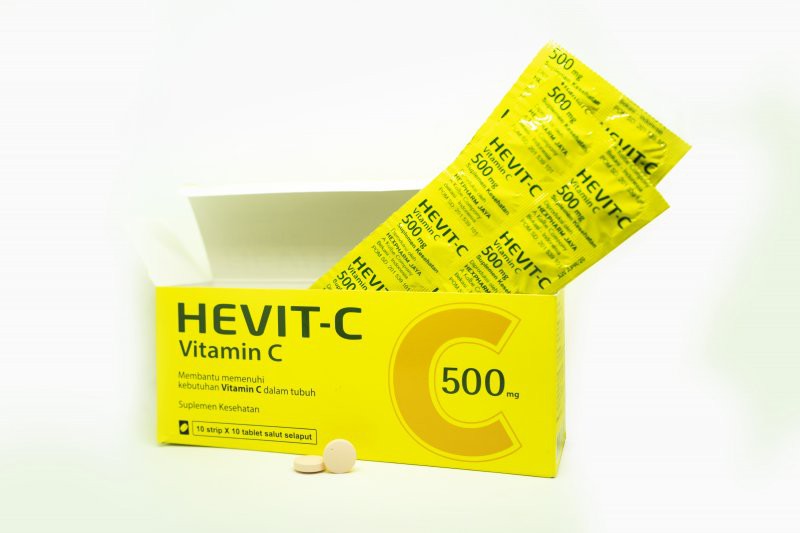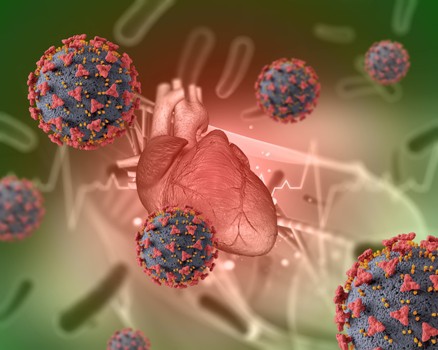
Severe coronavirus disease (coronavirus disease-2019/ COVID-19) can progress to acute respiratory distress syndrome (ARDS) involving alveolar infiltration by activated neutrophils. Metoprolol, an antihypertensive drug belonging to the beta-blocker class, has been used for decades to treat various cardiovascular conditions such as hypertension, arrhythmias, and myocardial infarction.
Previous studies have established an association between beta-blocker therapy and increased survival in critically ill patients, such as sepsis, acute respiratory failure, severe traumatic brain injury, and others. Recent findings suggest that metoprolol directly affects neutrophils and dampens their deleterious effects during worsening inflammation.
The investigators (Clemente-Moragón, et al) evaluated the effect of metoprolol on alveolar inflammation and respiratory function in patients with COVID-19-associated ARDS in their pilot study. A total of 20 COVID-19 patients with ARDS on invasive mechanical ventilation were randomized to receive metoprolol (15 mg daily for three days) or entered the control group (no treatment). All patients underwent bronchoalveolar lavage (BAL) before and after metoprolol/control. The safety of metoprolol was evaluated by invasive hemodynamics and monitoring electrocardiogram and echocardiography.
The following are the findings of the pilot study:
. Metoprolol administration did not show any side effects.
. At study baseline (baseline), neutrophil content in BAL did not differ between groups. In contrast, patients in the metoprolol group had significantly fewer neutrophils on day 4 BAL examination (median: 14.3 neutrophils/ml [Q1, Q3: 4.63, 265 neutrophils/ml] vs median: 397 neutrophils/ml [ Q1, Q3: 222, 1,346 neutrophils/ml] in the metoprolol and control groups, P = 0.016.
. Metoprolol also reduces the trapped extracellular neutrophil content and other markers of pulmonary inflammation.
. Oxygenation (PaO2:FiO2) increased significantly after three days of metoprolol administration, whereas in control subjects remained unchanged (median: 130 [Q1, Q3: 110, 162] vs. median: 267 [Q1, Q3: 199, 298] at baseline. and day 4, in the metoprolol and control groups, P 0.003).
. Patients receiving metoprolol required less invasive mechanical ventilation than the control group (15.5 ± 7.6 vs 21.9 ± 12.6 days; P = 0.17).
CONCLUSION
In the pilot trial, intravenous administration of metoprolol to patients with COVID-19-associated ARDS was safe, reduced the exacerbation of pneumonia, and improved oxygenation. Utilization of metoprolol for COVID-19-associated ARDS appears to be a safe and inexpensive strategy that could ease the burden of the COVID-19 pandemic worthy of consideration.
Image: Illustration (Image by kjpargeter - www.freepik.com)
Reference:
Clemente-Moragón A, Martínez-Milla J, Oliver E, Santos A, Flandes J, Fernández I, Rodríguez-González L, et al. Metoprolol in Critically Ill Patients With COVID-19. J Am Coll Cardiol. 2021 Sep 7;78(10):1001-1011. doi: 10.1016/j.jacc.2021.07.003.


